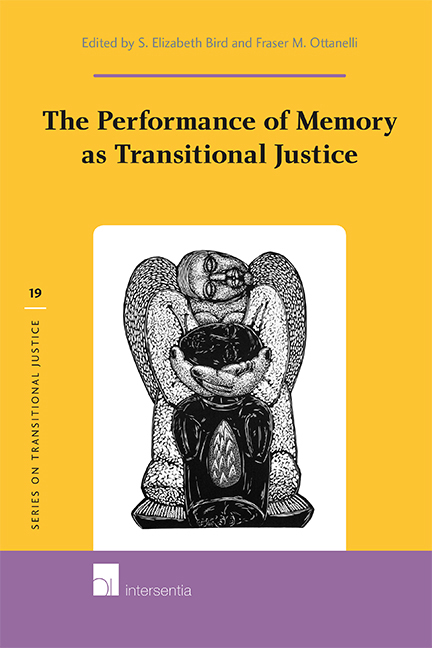Chapter 9 - Testimonies of Violence in Post-Conflict Guatemala: Circulation and the Transnational Politics of Misrecognition
Published online by Cambridge University Press: 16 December 2020
Summary
‘My grandmother saw my grandfather in a group of army men with a rope around his neck and they were beating him and making him walk up a path towards the mountain. They were pulling and kicking him so he would walk. My grandmother begged them to let him go, but they said that he deserved it because he was guerrilla. My father and great-grandfather followed the soldiers, and they saw how they hung him and did very many other things to him my dad did not want to tell me. In front of my dad and great-grandfather, the soldiers then buried my grandfather alive. My father tried to get him out, but the army would not let him. After the army left, my father tried to rescue my grandfather, but he had already died.’
Odilio Lux, written testimony, 2 January 2008‘I was a 47 year old Guatemalan, with 4 beautiful children, with the best brother one could ask in life, with wonderful friends, and with an overwhelming desire to live in my country, but I could not have lived with myself without rebelling, arming myself with valor and denouncing before all Guatemalans who have principles and values the real reasons for the deaths of Mister Khalil Musa and his daughter Marjorie Musa, without regarding the consequences, and understanding that my life was in danger, I wanted to leave behind this testimony, should something come to happen to me, as it unfortunately did.’
Rodrigo Rosenberg, videotaped testimony, 12 May 2009A cursory consideration of the above narrative testimonies throws issues of violence, memory, subjectivity, and untimely death into sharp relief. Produced by two very differently positioned Guatemalans, the narratives point to profound and ongoing issues of violence in the country that have persisted long past the military dictatorships, civil war, armed-conflict, and genocidal eras (1954–1996). In fact, politically-informed violence in Guatemala has persisted well into the so called, ‘post-conflict’ times, that is to say, after the Peace Accords were signed in December 1996 between the URNG guerrilla group and the Guatemalan national government.
Attention to the specific content of the men's testimonies, the facts they reveal, the experiences they articulate, and the contestations of them by authoritative actors are important to understanding the lived experiences of violence, human rights issues ‘on the ground’, and social memories of them in Latin America.
- Type
- Chapter
- Information
- The Performance of Memory as Transitional Justice , pp. 153 - 166Publisher: IntersentiaPrint publication year: 2014

